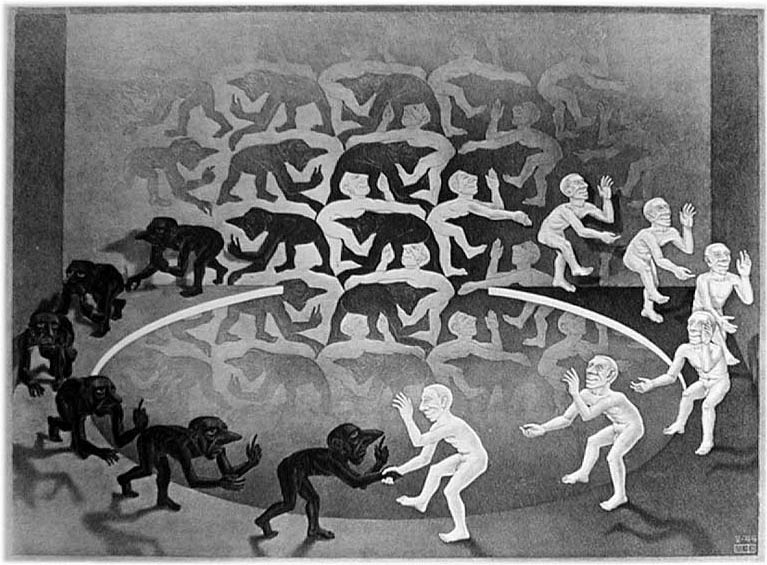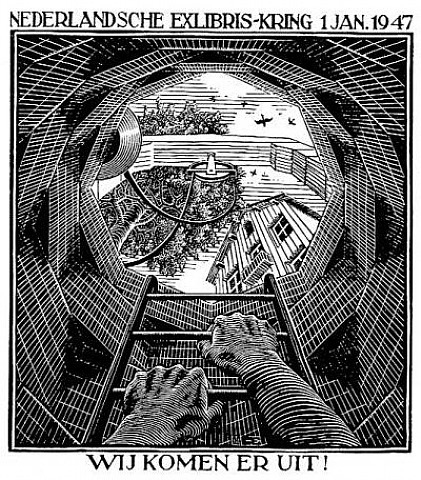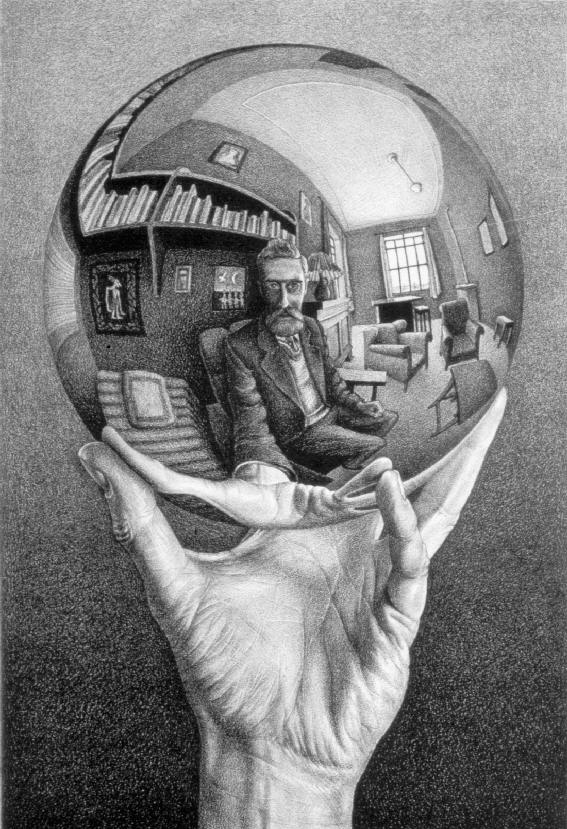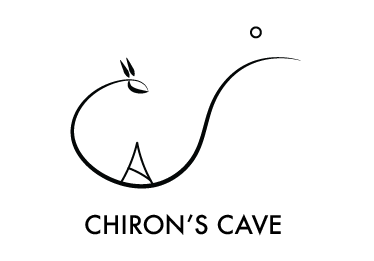
What is Philosophical Counseling?
It is an helping relationship whose essence lies in the search for solutions and answers to problems, doubts and questions of existential nature, in facilitating decision-making processes, in crisis management and in improving relationships. This research – accompanied by a philosophical counselor (a professional figure that helps his consultant to explore his reality and worldview) – takes place through the use of knowledge, ideas, methods and tools borrowed from philosophy and through the refinement of a philosophical attitude toward existence.
Its goal
One of the most important goals of philosophical counseling is to develop the internal resources of individual by promoting his personal awareness and his ability to make a choice and to act; to stimulate an enlargement of his worldview and to help him to make sense and value to the reality, both personal and shared.

To whom it is addressed
Philosophical counseling is a journey that can be taken by anyone finds himself in a state of confusion or doubt, or in an affective, professional and existential crisis. It is also turned to anyone wants to have an exchange with someone formed in philosophy on subjects of his specific interest, beginning with his personal experience. Having a dialogue with a philosophical counselor does not require a previous philosophical study or a sound knowledge of authors and texts: philosophy is not an exclusive one for academics, it is not just word, abstract speech and intellectual pleasure: it is a service for the human being, a food for mind and a cure for soul.
How it takes place
Philosophical counseling is articulated in a cycle of sessions that can be demanded by individuals, couples and groups. The taken path has a variable but determined life span (1 session as a minimum, 20 as a maximum) and it has a "tailor-made cut": as well as each person is unique and unrepeatable, carrying with himself a personal worldview, every path of philosophical counseling is different from each other and necessarily leads to solutions and answers that are valid only for each specific consultant.

What issues can be addressed?
Every subject that accompanies the existence of human being (freedom, love, violence, beauty, justice, humanity, job, anguish, knowledge, faith, sexuality, old age, solitude, conflict, social status, responsibility, well-being, happiness, diversity, respect, relationship with nature, world, other living things, etc.) can be subject to observation, analysis and research.
Attention: philosophical counseling is not a psychotherapy
A philosophical counselor is a different figure from a psychologist, a psychiatrist and a psychotherapist: he does not use diagnostic tools, does not investigate psychic dynamics, does not question personality structure, and does not administer drugs. His intervention is aimed at people without psychic disturbances, in non-pathological conditions. However, thanks to his familiarity with dealing with existential topics and themes, he can be alongside these disciplines and cooperate with doctors, psychiatrists and psychologists.
